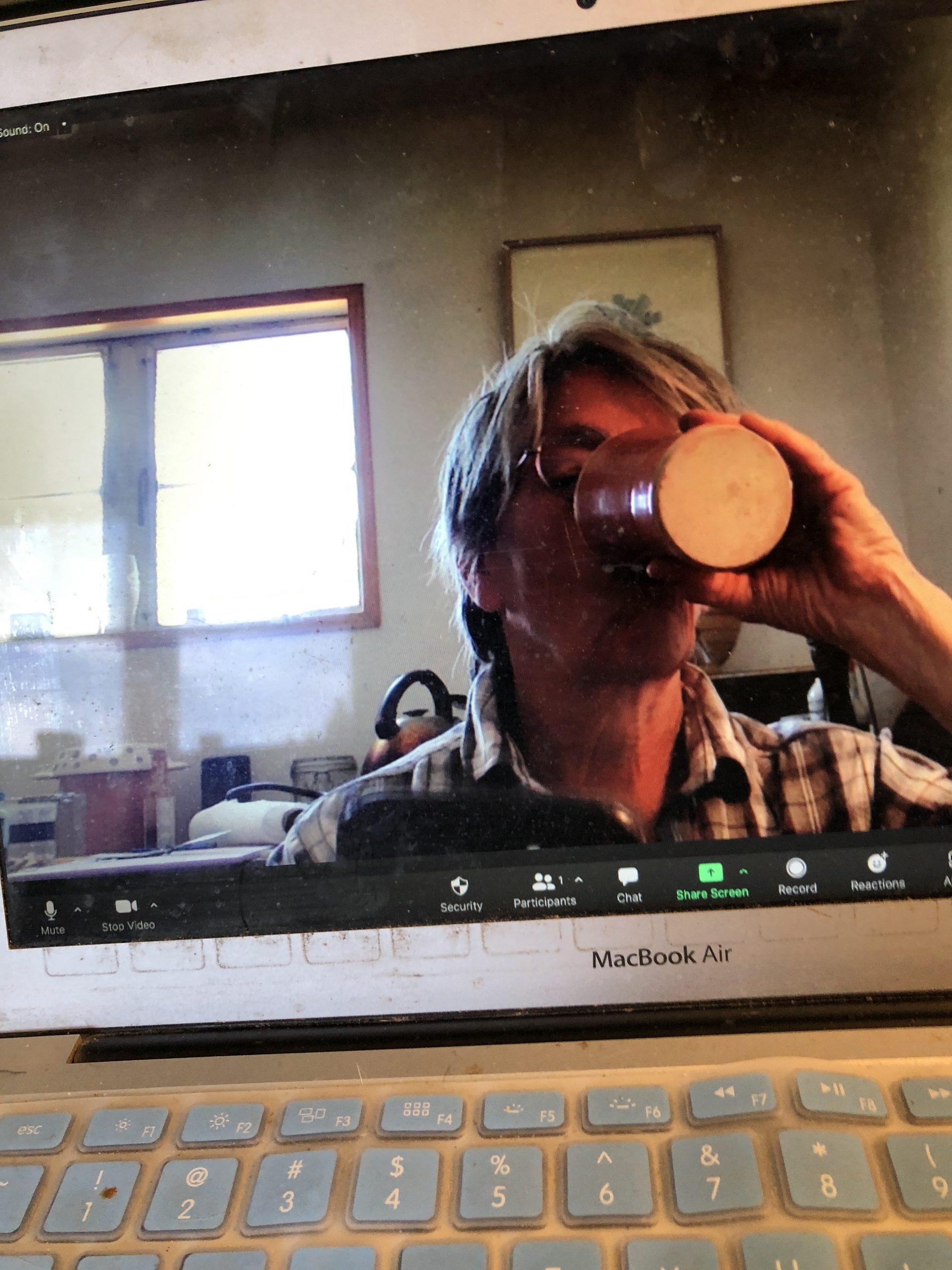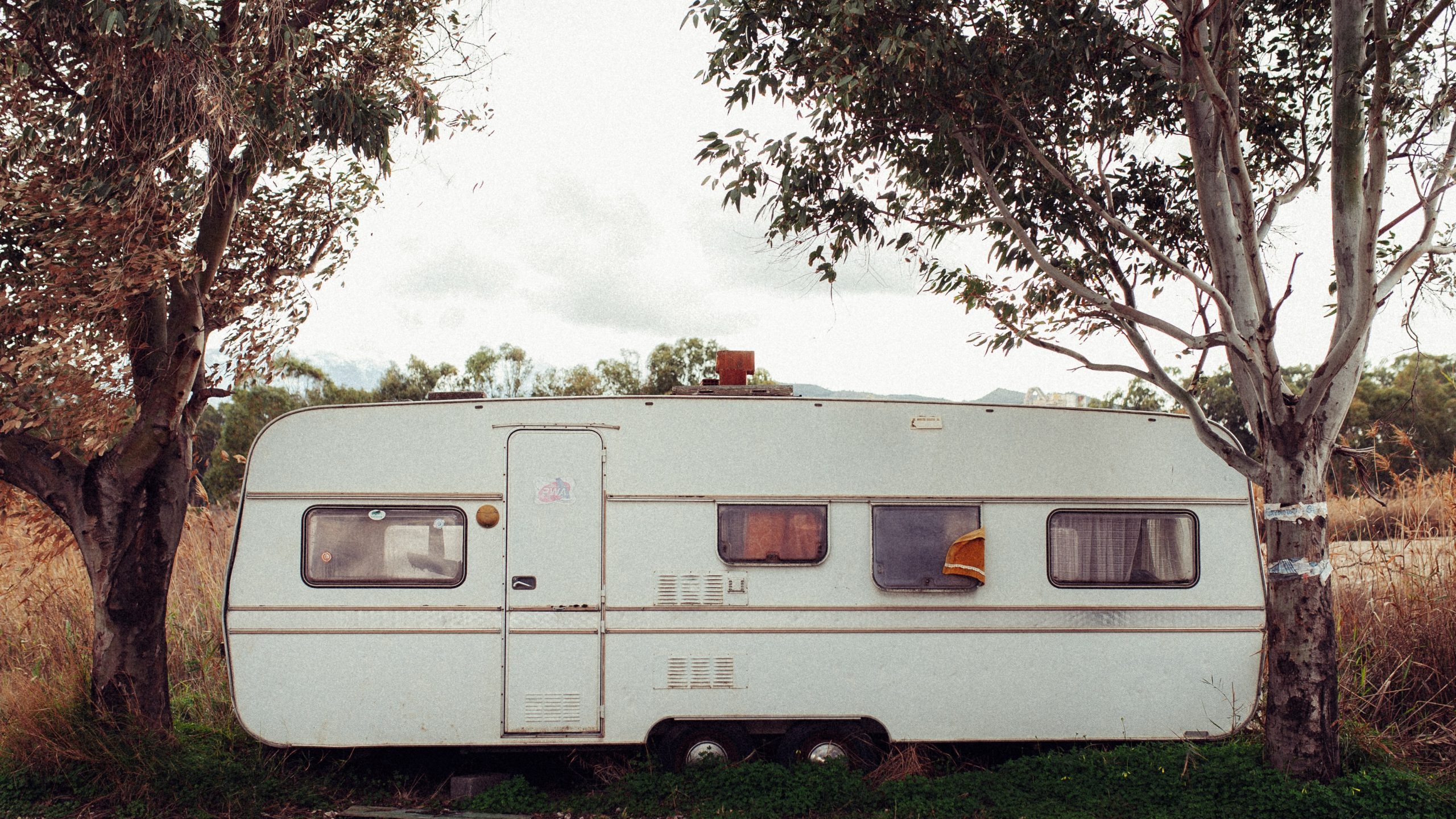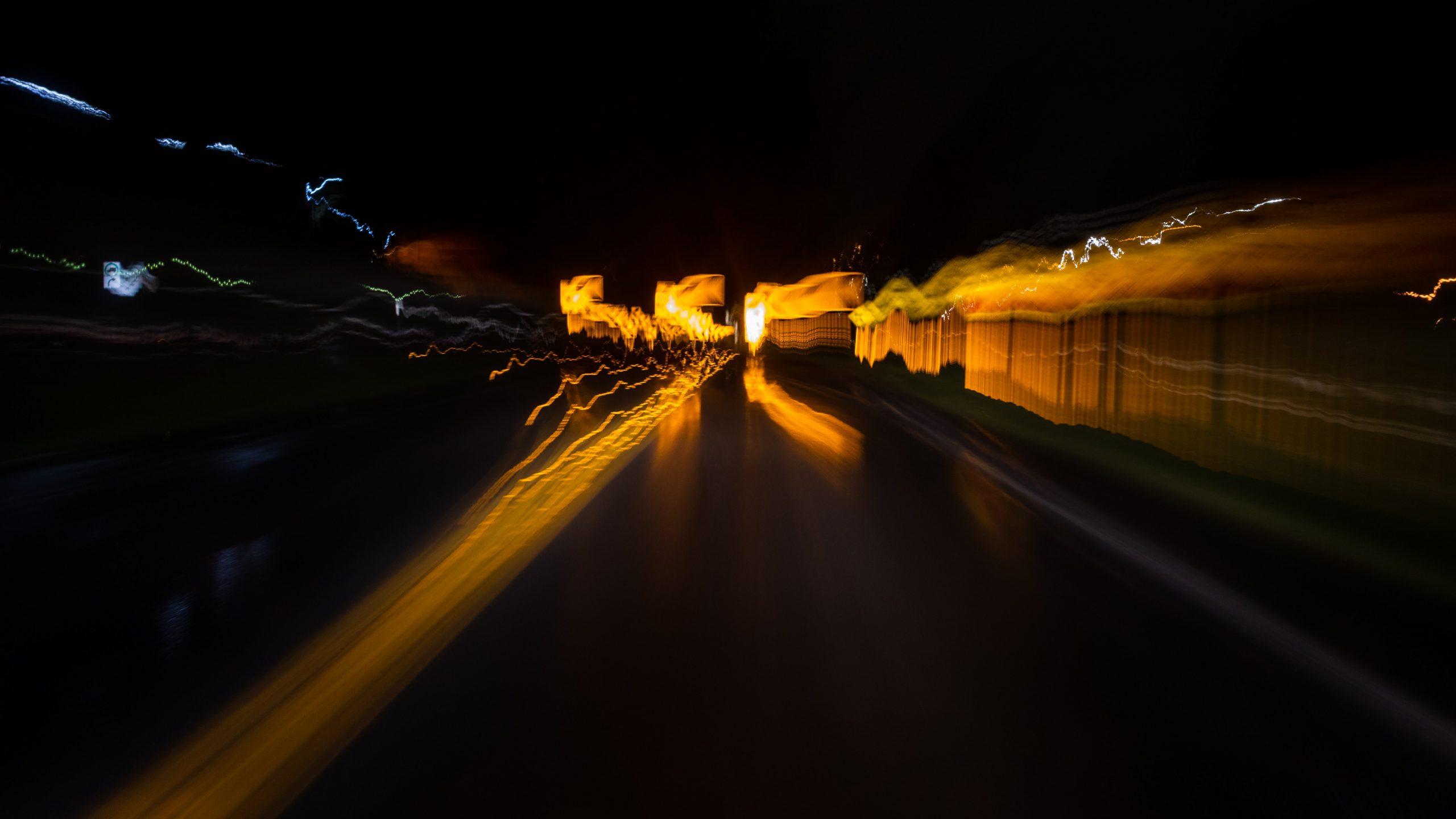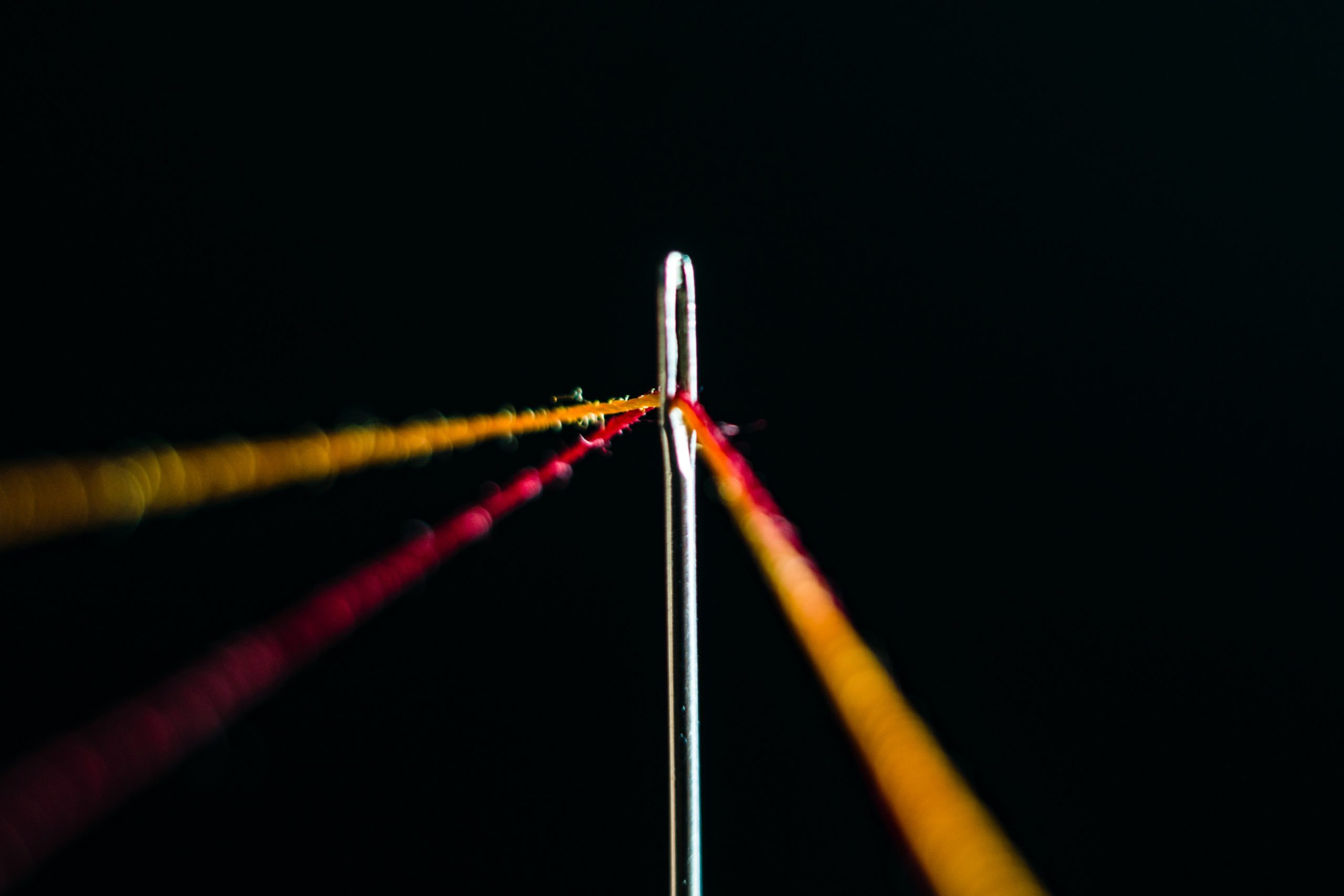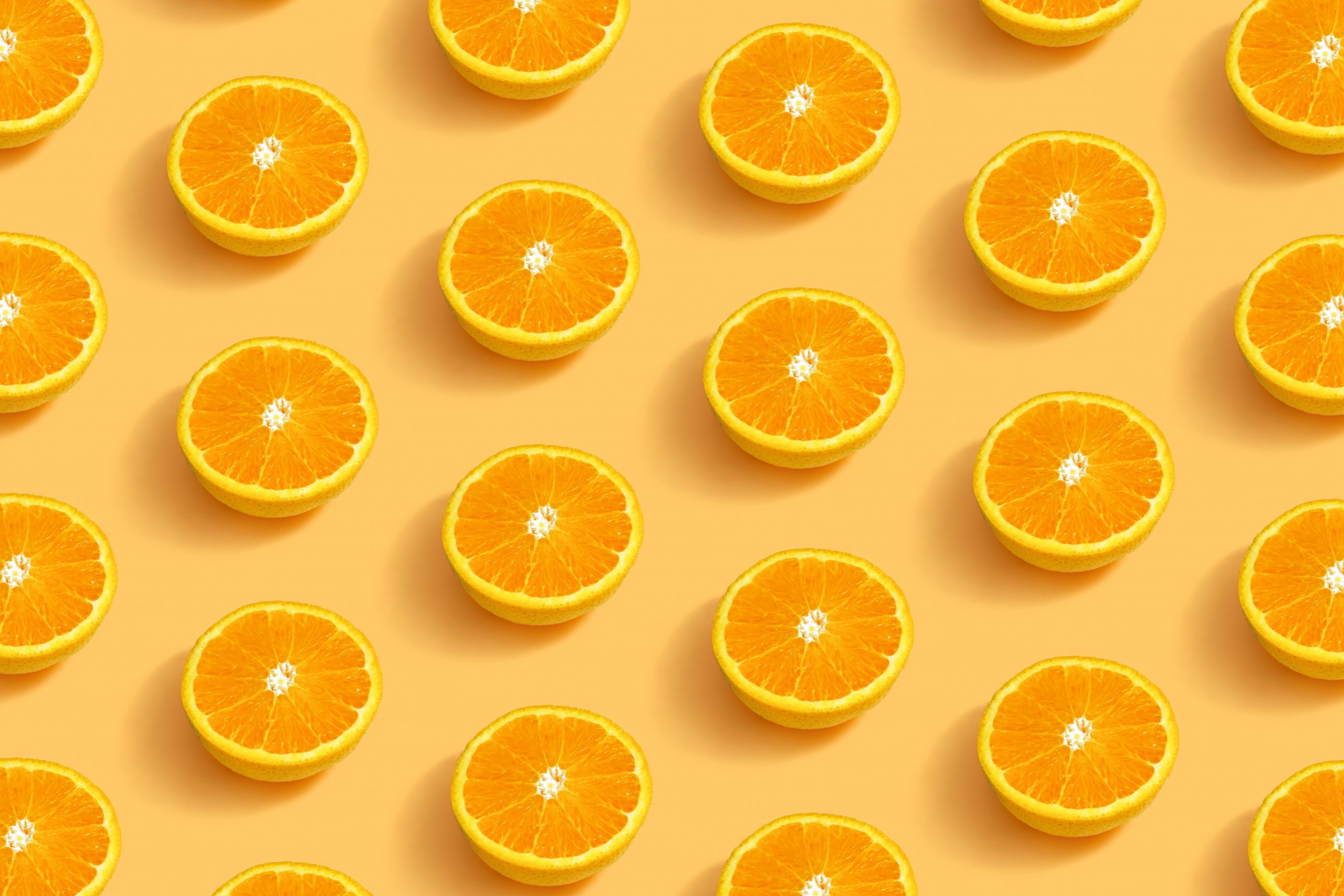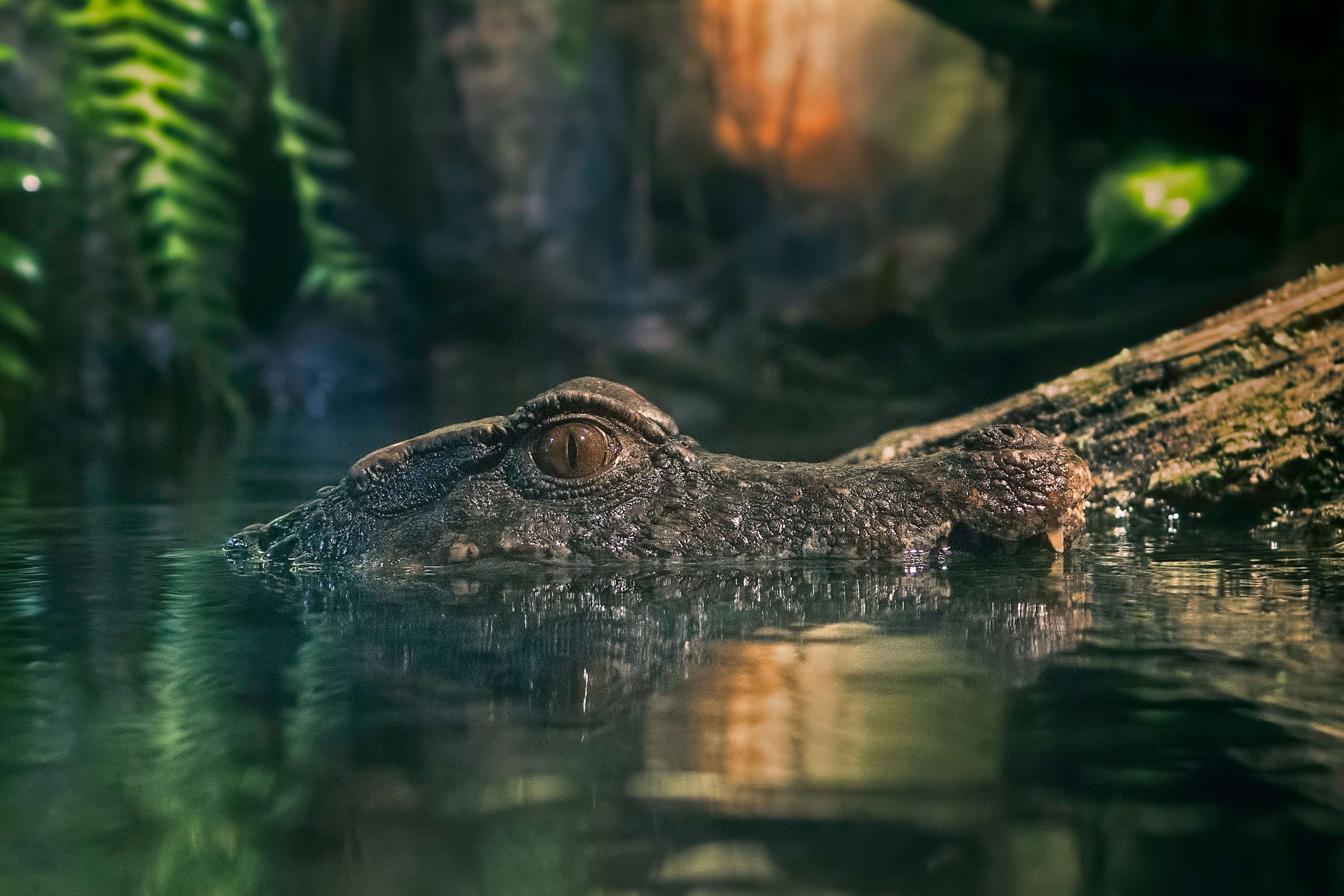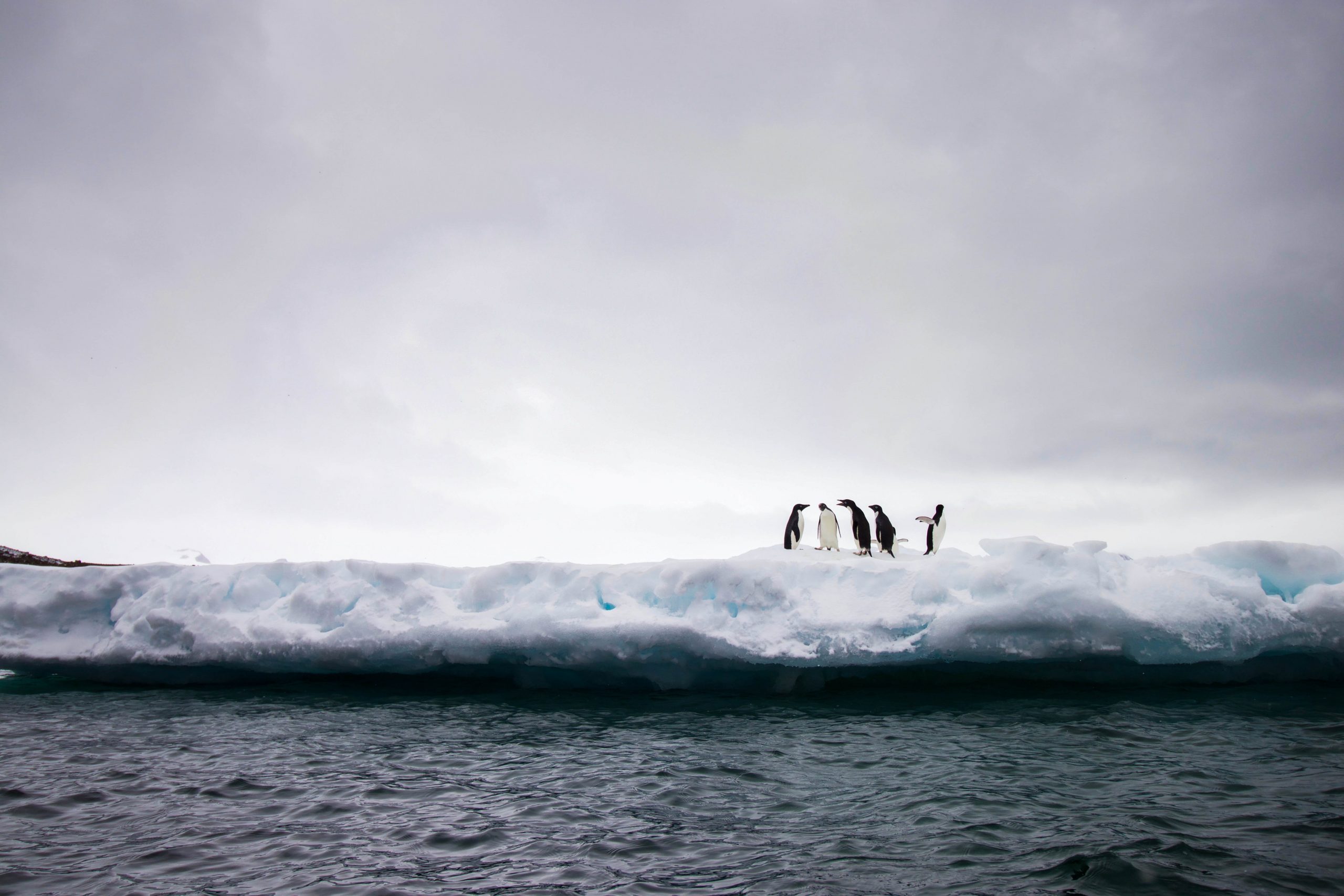Interview: Eileen Myles
‘People go on these pilgrimages to become ‘other’ in order to become artists. I began other.’
Eileen Myles came to New York from Boston in 1974 to be a poet. Their books include For Now, I Must Be Living Twice/new and selected poems, and Chelsea Girls. Pathetic Literature which they edited, will be out for Grove Press in November 2022. Eileen has received a Guggenheim Fellowship and in 2021 was elected a member of the American Academy of Arts & Letters. They live in New York and Marfa, TX.
I first met Eileen at the Edinburgh Book Festival in 2017. I was working on a queer writing project at the time and a few months after our meeting, Eileen agreed to do a short interview about their then new book Afterglow: A Dog Memoir.
Five years after our initial meeting, it was an absolute pleasure to sit down and chat with Eileen about life, writing and their new work.
In For Now you describe literature as a profound aspect of wasting time, which is what my writing process looks like a lot of the time. I find it difficult to get anything on the page until I have edited it in my head. Do you have a preferred writing ritual, schedule or method?
I do and I don’t. In the past it was more structured: get up, do a little reading, exercise, meditate, begin to write, and that would be the perfect version. That has worked and sometimes, if I’m at an artist colony or a very closed situation, I still do that. For a while, if I was free or found myself actually thinking about writing, I would begin then. My willingness became so tricky that if I saw the horse, I had to jump on it immediately. Lately though, I have returned to something that looks like writing as the first thing possible. It requires a little bit of caffeine, but to really not even allow the morning reading – I’ve gone through structures of getting up quite early and beginning to write before it even seems like I have a consciousness. I find that is really good, because there is actually a lot more there than I would have guessed. I do find that more than anything, consistency is the best thing. No matter when I’m writing, whether it’s first thing or later in the day, what matters is that I do it every day to stay in the world of it. I find breaks are the hardest thing; you have to become that person again.
Do you feel that your poems must be spoken/performed to be understood in the way that you intended? Does that matter or is each person’s interpretation of the words as valid?
No, it doesn’t matter to me. I mean, I think that those of us who love poetry know that you want to get the breath of the poet. If I love somebody’s work, I go out of my way to hear them because I want to put a body and a voice onto the work, but I feel like the work has to exist in both fashions – in all fashions. I think it’s so interesting that a lot of my books are now audiobooks. It’s so much fun to make an audiobook. To take something that you’ve written over a long period of time and then spend three days in the studio with somebody, reading it to them and hearing it in its entirety, it’s such a pleasure. It’s anti time in a way, because when I write a book, I do assemble it as if the person were going to read it straight through, but I know that very few do read that way. The recording is absolutely that, it is a straight through reading of it. I think that the real pleasure is understanding that your writing has become an audio file that can now be unleashed in all kinds of settings all over the world – when somebody I don’t know tells me they have been painting or creating while listening to my work, or travelling cross country while listening to my work, I feel so honoured and so delighted. As postmodern writers and artists we are doing something that’s partial. We are well aware that it is never a total work and it doesn’t fill all the pores. You’re writing in relationship to everything in the room and all the rooms you’ve been in and all the media that exists, and so to realise that your work is received in that way is so wild and fresh.
Are there any compromises you made that you regret regarding your work? Anything you would have done differently?
I don’t think so. Writing a book is when I have that fear. Right now, I’m writing a book and I’m working on a section, and my hope is that this will be a very big book.
I have never ‘sold a book’ in advance of writing and yet I feel like just the thought of having the gun of time to my head, in terms of somebody else’s reception and what I would get if they receive it well, that is kind of a compromise. Just today I was thinking, what if I told a publisher – actually, I can’t give you this for another year.
I mean, what would they do? Would they take away my right to write?
The work has to be that radical. I’m really against rushing. I write fast though that’s just a hunk of words, but then where do they go? That’s where the whole editing process comes in. I’m very effusive as a writer, but that still doesn’t mean the process is quick in any way. At least three times, I’ve taken ten years on a book. The book I’m working on now, I conceived of it in 2013 and wrote a little bit of it that year, so supposedly nine years have already passed on this book, but I didn’t really start writing it until the pandemic. It’s very glacial, my process, and that seems important.
Being mixed race, working class and a lesbian there were many spaces I felt othered in when I was growing up. I distinctly remember feeling the class divide at university and trying to change my voice to fit in. I think the answer will be ‘no’, but did you ever feel the need to assimilate in your younger years?
You’re right, no. But I’m sure that I did in certain ways because I’m human, and you always want to get into ‘the club’, whatever it is. I feel like when I learned what people were reading, I began to read that, you know? In lots of settings, even when I began to write, I felt like I knew nothing about it. When I began to write about art, I felt like I knew nothing about art and so I felt I was very much tracing the influences and reading the press releases like, ‘ok now I have to read this.’ I don’t work like that anymore.
The greatest way I felt my class is that I didn’t know anybody. I came to New York and I didn’t know anybody. What I slowly discovered, especially through girlfriends, is that people had gone to good schools, the same schools. These people were in New York with people they had gone to high school with, so there was a long assurance of them being talented insiders who knew people. The fact of not knowing anybody made me even more of an outsider. If anything, I think I was a little braggy. I think I did the opposite of assimilating; making much out of the fact that I worked in bars, that I was working class.
People go on these pilgrimages to become ‘other’ in order to become artists and I began other. There was less of a sense that I had to get some dirt on me, I began with the dirt.
Who are the lesbian writers that interest you?
Renee Gladman, I love her work, I think about it. We don’t see each other very often but I feel that there is a kinship and an excitement about her work. British poet Sophie Robinson is a writer whose work is very important to me. Birhan Keskin’s Y’ol is an amazing book about love and lovers and loss. She’s gigantic for me. Camille Roy’s recent book Honey Mine is really great. Historically, Violette Leduc’s La Batarde is one of my favourite books – but I don’t necessarily think that much about these people being lesbians, it’s more that their work means so much to me.
The term ‘lesbian’ writer brings me onto my next question. Labels. Labels such as gay, black, woman are always attached to a writer unless, of course, you’re a cis man, in which case you’re just ‘a writer’. You’ve previously been described as a Rock & Roll icon and lesbian icon – how do you feel about these labels?
The closer you get to a world that’s your own, the less they apply and exist, but it’s almost like as you get into the ‘larger world,’ they seem to thrive on those. I was called ‘punk poet’ in a review in 2000 and ever since then, I have been a punk poet. I mean, one of my least favourite phrases is ‘bad-ass’ – what does it even mean? We don’t just get queer or lesbian labels, it’s female. Men are not bad-ass, they just are supposed to be rough and strong and rowdy – well at least that’s one of the versions of what they are supposed to be. Labels are a corrective. They are always preceded by this silent utterance of ‘this is not what a lady should be’. I had a poetry collection come out a few years back and the review didn’t mention the work. It just talked about me in terms of culture – they referred to my earliest work as very ‘bad-ass.’ I was in my 60s, with my selected poems, and they were talking about things I had done in my 20s – all they had to say about me was what I looked like. It’s weird though, because labels can also mean that kids who are looking for their ‘kind’ will find us.
I think it is brilliant how you are constantly using your platform online to promote and raise awareness – most recently the dog shelter and East River Park campaigns – do you feel that with having an online presence comes a responsibility, and how do you feel about that?
Having an online presence is akin to having a reputation or a version of fame. There are writers who are unwilling to be on social media, who regard it as a waste of time or beneath them. I think they are completely right, but for me, I think that those things (social media platforms) came into being at a time when I was getting more attention and it was very interesting to use them as an artist, first.
I was in New York, I had a new dog who had huge amounts of energy, and we began walking. It was this wonderful experience of documenting, which lead directly to East River Park. Whereas in the past, I had gone to the park specifically to run or meet people for walks, my new dog meant that we were down at the river every single day, going over bridges I had never gone over and really exploring the park and getting to know it. I was using the camera on the phone to take pictures. I’ve always liked taking pictures but never had a way of sharing them and so using Instagram gave me this tool to show what I love and how I love. I’m a very visual writer and so for me it was interesting because it was like a consciousness working through all this different media, and it was really fun to write in pictures for the first time. Then several years later, when I realised this park that I love was endangered and I had these thousands of followers, I thought ‘we can mobilise’ and we created marches for the park. That was really amazing.
The ways in which a city can be a killing machine of all kinds has become abundantly clear to me now: killing the underclass, killing nature, killing trees, killing animals – anything that can’t be monetised. It’s funny, I think to myself, ok, if I’ve become someone ‘famous’, someone with a lot of followers, I should be able to use that to do something. What’s interesting is, that isn’t always the case. Right up until they were chopping down the trees in the park, no magazines or papers, some of which have asked me to write about their topics, would let me write about mine. It’s been an education, but I still feel good about it. Self-promotion is the exception for me on social media and not the rule and that makes me feel excited about the medium still.
The flip side of having social media, is the desire to get rid of it, stop it completely. I feel like that would be an anti-studio, a new place to write – a world that doesn’t have those tendrils. I think that’s very exciting and I don’t know when I’m ever going to exercise that option, if ever, but it looms.
What are you working on at the moment? You mentioned a big project, can you elaborate?
I have an anthology coming out in November called Pathetic Literature which is something I’ve been interested in for a long time – to reimagine the pathetic. There are 105 writers in it and it’s going to be a very exciting book.
Then I have a novel that I began in 2013 called All My Loves. I am so formed by the people I have been involved with, sexually of course, but I mean little things – like composting! My last girlfriend composted, and I had never thought of doing it, had no interest in it and now, I compost. The whole process became interesting to me. Everybody who I’ve ever been involved with is with me in some way. That idea was the inception of the book, but it’s spread into other topics too. I decided the book would be large, so decided to throw the idea of love, larger – to make it very wide in terms of what love means. I think the book is becoming a kind of cabinet for all sorts of things. The challenge will be to make this piece of furniture something that is accessible, while still being weird.
AMY RIDLER IS A WRITER AND ENGLISH TEACHER IN EAST LONDON, WHERE SHE RUNS THE LGBT+ SOCIETY. SHE HAS WRITTEN ABOUT HER EXPERIENCES AS AN ‘OUT’ TEACHER, MOST RECENTLY IN A CHAPTER ENTITLED ‘MISS, ARE YOU PART OF LGBT?’ FOR BIG GAY ADVENTURES IN EDUCATION, WHICH WAS PUBLISHED BY ROUTLEDGE IN 2021. SHE HAS WORKED WITH THE QUEER, FEMINIST LIVE ART THEATRE COMPANY CARNESKY PRODUCTIONS AS AN ASSOCIATE ARTIST SINCE 2009 AND CONTINUES TO BE A MEMBER OF THE COMPANY’S ADVISORY BOARD. SHE IS CURRENTLY AN MA CREATIVE WRITING STUDENT AT BIRKBECK.
TWITTER: @AMY_RIDLER
Photo by Eileen Myles.
